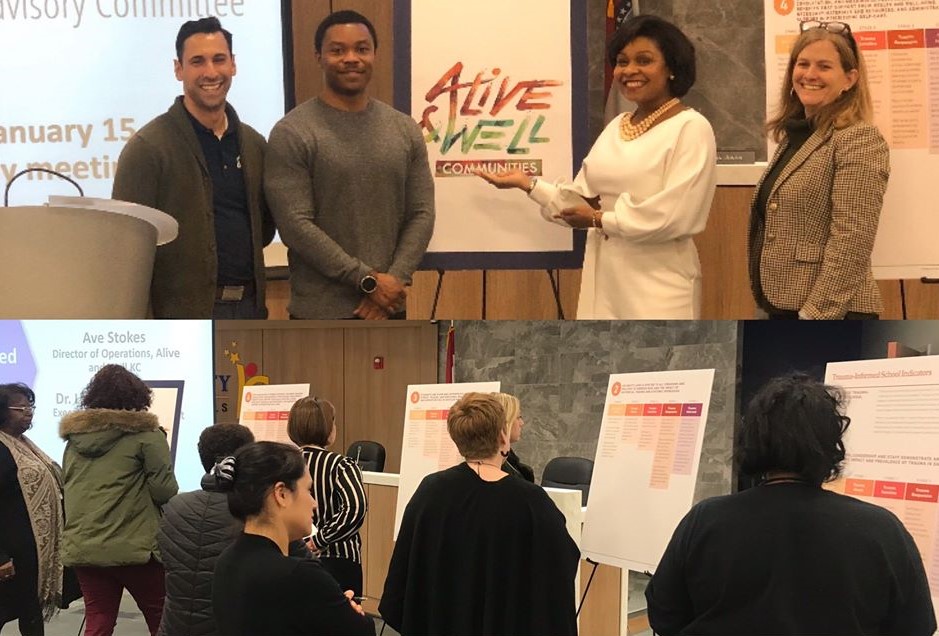To all of you, who, like me, love this website and want to see it and its communities flourish as we work to prevent and heal trauma; build resiliency: please know there is a move afoot by a small group of strategic partners to find a suitable host for PACEs Connection.
More will be announced in the coming days. In the meantime, friends, we are figuring out email addresses and other communications logistics and opportunities.
PEACE!
Carey Sipp, former director of strategic partnerships
csipppaces@icloud.com


